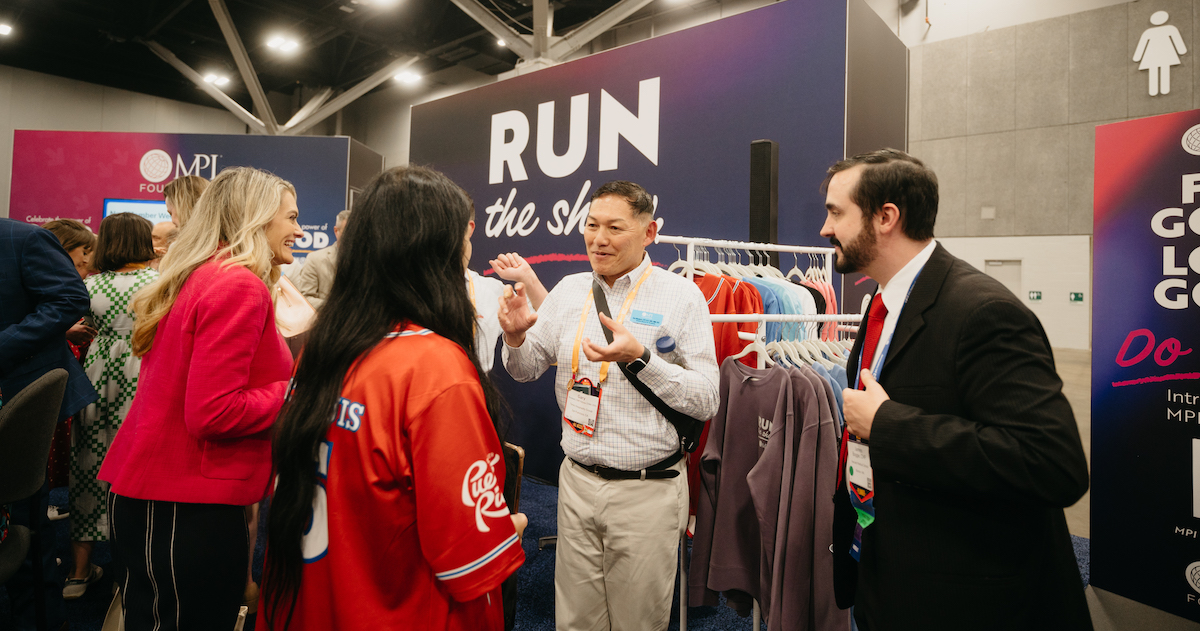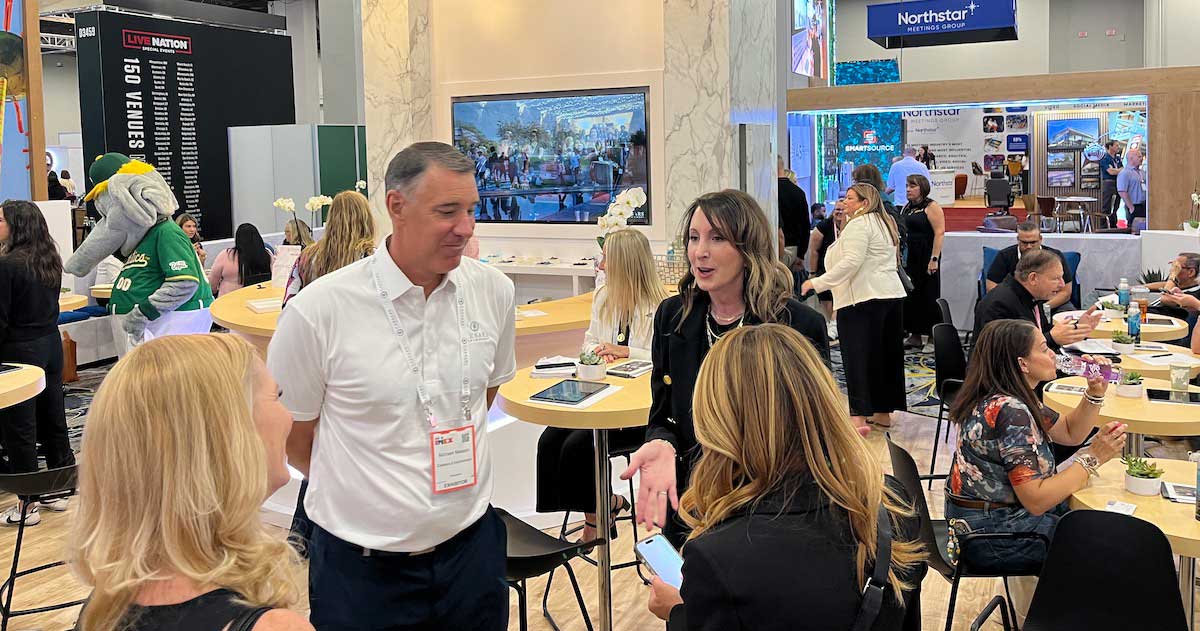Deciding where to hold a major conference or meeting has always been driven by a complicated calculus for professional and trade association meeting organizers. With state legislation on issues like abortion rights, restrictions on LGTBQ+ communities, and gun safety taking center stage, associations must now also weigh the impact of these laws on their meeting and attendees in addition to more traditional considerations like cost, airlift, and amenities in a destination. On June 21, the Association Professionals and MPI Women Communities joined to sponsor a Hot Topic Chat unpacking this important topic.
Panelist Christina Pannos, an attorney with Howe & Hutton who specializes in contract law for meetings and events started the conversation with an important dose of reality – that unless your contract specifically includes language to the contrary, passing of controversial legislation is not going to be legal standing to cancel an event contract without penalty. However, that does not have to be the end of the story – in fact, it’s just the beginning. There are so many factors at play as associations look for opportunities to promote inclusive communities and align their activities with their values, and the remainder of the conversation was spent on exploring the myriad ways associations can have a positive impact, regardless of the political climate where they meet…
- Know your audience – not all audiences or communities will have the same priorities, questions or concerns. Stacie East, Director of Diversity, Equity, and Inclusion with the Entomological Society of America shared the journey their society has been on to weave inclusion throughout the organization. Creating safe and equitable spaces for all is a priority for them, and so they use multi-faceted approaches to inclusion, including a matrix that helps narrow down event locations based on the key needs of their populations. She cautioned everyonenot to always listen to the loudest voices or simply make decisions for a majority. If equity is really a part of the associations’ values, then asking what members – from all groups – need and want, and really listening to those responses is critical.
Making space for your audience to feel safe, protected, and valued can be done within your meeting, by incorporating quiet spaces, mother’s rooms, and other customized offerings – all within a planner’s control – to provide a safe and welcoming environment for your conference participants.
- Partner locally – while decisions around legislation are made at the state level, the impact is almost always felt locally, in the cities and communities in which people live and work every day. The opportunity to bring economic support to those communities, and to have a positive impact on the local level is very powerful and something that association meetings are well-suited to do.
- CVBs and other DMOs are boots on the ground in their local communities – often they can help you connect with local resources that can help address questions or concerns from members about meeting in a certain location.
- Programs like Social Offset will provide an opportunity to offset the amount of state sales tax that goes to state governments with donations to local, approved equity organizations. Beth Surmount, Vice President of Business Event Strategy & Design with 360 Live Media and is one of the founders of Social Offset joined the conversation and provided great insight on the impact of this program. The benefit of a program like this is that it allows you to identify and select a charitable organization that aligns with the values of the association and make donations to advance their mission (and yours).
- Engage in CSR or service activities as a part of your event. Leaving a lasting legacy in the community in which you meet is a powerful opportunity for positive impact in underserved communities, something that simply taking money out of the state can’t do.
- Communicate, communicate, communicate – No choice is going to be perfect in this situation, so being open and transparent about what you are doing and what your concerns are is very important.
- Be open and honest with members and conference attendees. You may not be able to move the meeting – so what are you doing? Openly invite feedback and questions about the decision-making process and demonstrate the actions you are taking to mitigate the negative impact of bringing meeting dollars to a given location.
- Communicate with the legislators or politicians who have decision-making power in the locations. If/when your group decides NOT to meet in a certain location for future events, make sure the politicians know the value of the business they’ve lost. If you write to them and let them know what the economic value of your meeting is and that until they make changes to their laws, they won’t be able to benefit from that investment, you’re making that cost very real for the state.







